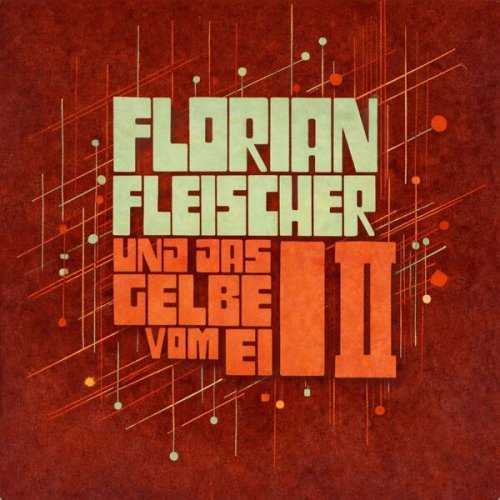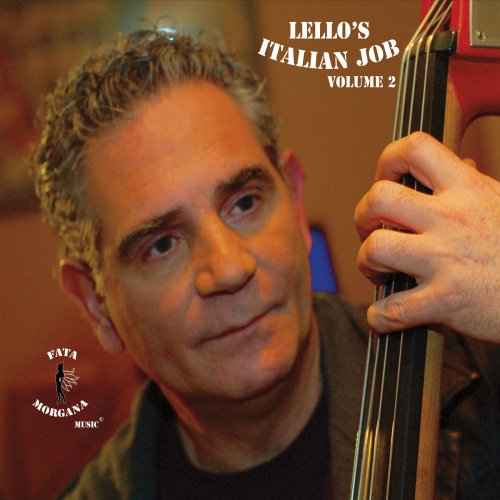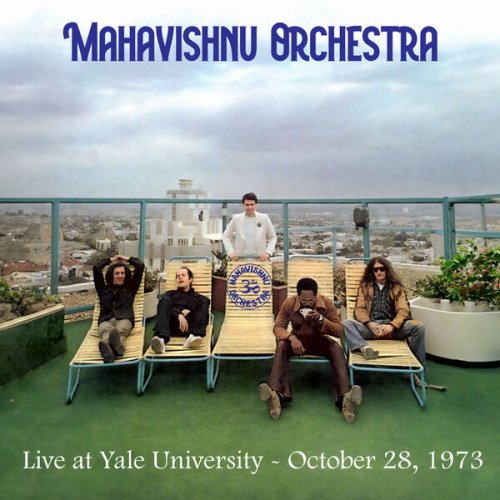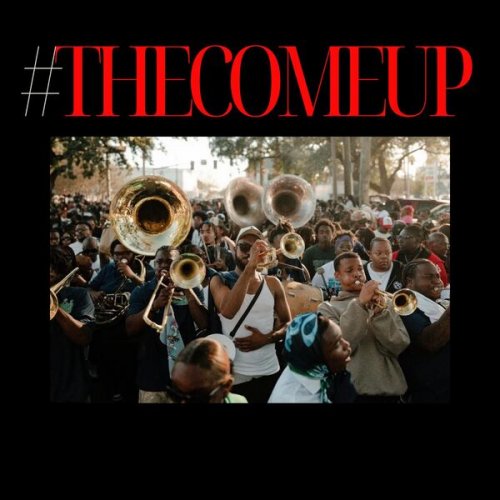Jesse Hector - Gorilla Garage (The Jesse Hector Story) (2005)
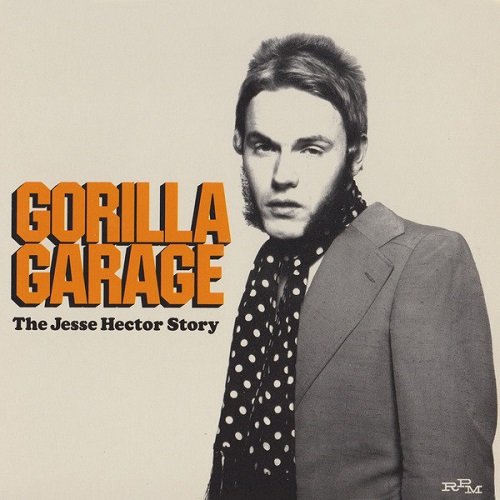
Artist: Jesse Hector
Title: Gorilla Garage (The Jesse Hector Story)
Year Of Release: 2005
Label: RPM Records
Genre: Garage Rock, Proto Punk
Quality: APE (image, .cue, log)
Total Time: 01:11:40
Total Size: 430 Mb (scans)
WebSite: Album Preview
Tracklist:Title: Gorilla Garage (The Jesse Hector Story)
Year Of Release: 2005
Label: RPM Records
Genre: Garage Rock, Proto Punk
Quality: APE (image, .cue, log)
Total Time: 01:11:40
Total Size: 430 Mb (scans)
WebSite: Album Preview
01. Carolina 02:24
02. In My Soul 04:08
03. Summertime Blues 02:55
04. Leavin Town 04:01
05. Running Wild 02:57
06. Foxy Lady 04:21
07. Outa My Brain 03:49
08. I'm A Liar 02:50
09. New York Groover 03:34
10. Last Train 02:25
11. Message To The World 04:33
12. Gatecrasher 02:58
13. She's My Gal 02:49
14. You Really Got Me 02:47
15. Leavin Home 03:33
16. I Need You 02:29
17. Goodbye Baby 02:34
18. Factory Crime 03:26
19. My Son Is Alive 04:04
20. Love Is All Around Me 02:44
21. It's My Life 02:02
22. High School Dropout 01:53
23. Fast Train to Memphis 02:13
British garage rock pioneer Jesse Hector was born in northwest London in 1947, first surfacing in 1959 as the 11-year-old frontman for the teen act the Rock and Roll Trio, appearing at local school hops as well as the noted Soho coffee bar 2I's. In 1961 a four-song acetate was recorded for Pye but immediately shelved, and the group split soon after. Hector and bassist Adrian Stanbach quickly reunited in the R&B-influenced combo the Cravattes, which also cut a cache of unreleased sides. When Stanbach joined the mod outfit the Clique in 1964, he also called upon Hector to contribute his distinctive guitar leads to some of their records. After briefly resurrecting the Rock and Roll Trio moniker, Hector formed a pair of equally short-lived projects, the Way of Life and the Mod Section, before assembling the proto-punk power trio Crushed Butler in 1969. Also comprising bassist Alan Butler and drummer Darryl Read, the group was renowned throughout the London underground for its visceral, aggressive approach, and finally EMI agreed to fund a demo session, even sending a Rolls Royce to deliver the band to its studios. But when Crushed Butler insisted on recording the aptly titled "Factory Grime" against EMI's objections, the label abruptly terminated their relationship, even refusing use of the Rolls for the return trip home. (Hector and his bandmates took the subway instead.)
By 1971 Crushed Butler rechristened itself Tiger. When Read later signed as a Track Records staff songwriter, Hector and Butler mounted the short-lived Helter Skelter before recruiting drummer Gary Anderson to form the Hammersmith Gorillas, copping the name from London's pro-Castro activist faction, the Hammersmith Guerillas. (Certainly Hector's own simian tendencies -- specifically the thick muttonchop sideburns covering much of the singer/guitarist's face -- inspired the moniker as well.) After teaming with onetime Kinks and Troggs producer Larry Page, the Hammersmith Gorillas cut their debut single, a 1974 cover of the Kinks' "You Really Got Me" timed to coincide with the original's tenth anniversary. Its raw, snarling approach proved a stark contrast to the prevailing chart trends and the record went nowhere, prompting Page to shelve a proposed follow-up. After abbreviating their name to the Gorillas, the trio soon signed with the fledgling Chiswick imprint to release their sophomore effort, 1975's "She's My Gal." Record sales were again minimal but early punk audiences filled the band's notoriously raucous live shows, and in the summer of 1976 they toured the south of France in support of the Damned and Eddie & the Hot Rods. A second Chiswick release, "Gatecrasher," soon followed, and in 1978 the Gorillas issued their lone LP, Message to the World.
In the wake of 1981's cover of Cliff Richard & the Shadows' "Move It," Butler died and the Gorillas split. Hector spent the remainder of the decade out of music, managing a cleaning company, but when the early '90s brought a resurgence of interest in punk, he recruited bassist Kevin White and drummer Gilles Baillarguet to form the Jesse Hector Sound, in 1991 issuing the comeback single "Leavin' Town" on the hip indie imprint Clawfist. When the group split in 1993, Hector assembled a new backing combo, the Gatecrashers, and contributed to a series of retro-garage compilations including Zombie Dance and Trash on Demand, Vol. 1. An EP, Keep on Moving, followed on the Rockin' House label in 2000. As Hector's legend and influence grew, he was also the subject of many reissues and archival releases, most notably RPM's 2005 collection Gorilla Garage, which compiled material spanning from a 1959 Rock and Roll Trio acetate up through a 1988 session at the famed Toe Rag Studios.
By 1971 Crushed Butler rechristened itself Tiger. When Read later signed as a Track Records staff songwriter, Hector and Butler mounted the short-lived Helter Skelter before recruiting drummer Gary Anderson to form the Hammersmith Gorillas, copping the name from London's pro-Castro activist faction, the Hammersmith Guerillas. (Certainly Hector's own simian tendencies -- specifically the thick muttonchop sideburns covering much of the singer/guitarist's face -- inspired the moniker as well.) After teaming with onetime Kinks and Troggs producer Larry Page, the Hammersmith Gorillas cut their debut single, a 1974 cover of the Kinks' "You Really Got Me" timed to coincide with the original's tenth anniversary. Its raw, snarling approach proved a stark contrast to the prevailing chart trends and the record went nowhere, prompting Page to shelve a proposed follow-up. After abbreviating their name to the Gorillas, the trio soon signed with the fledgling Chiswick imprint to release their sophomore effort, 1975's "She's My Gal." Record sales were again minimal but early punk audiences filled the band's notoriously raucous live shows, and in the summer of 1976 they toured the south of France in support of the Damned and Eddie & the Hot Rods. A second Chiswick release, "Gatecrasher," soon followed, and in 1978 the Gorillas issued their lone LP, Message to the World.
In the wake of 1981's cover of Cliff Richard & the Shadows' "Move It," Butler died and the Gorillas split. Hector spent the remainder of the decade out of music, managing a cleaning company, but when the early '90s brought a resurgence of interest in punk, he recruited bassist Kevin White and drummer Gilles Baillarguet to form the Jesse Hector Sound, in 1991 issuing the comeback single "Leavin' Town" on the hip indie imprint Clawfist. When the group split in 1993, Hector assembled a new backing combo, the Gatecrashers, and contributed to a series of retro-garage compilations including Zombie Dance and Trash on Demand, Vol. 1. An EP, Keep on Moving, followed on the Rockin' House label in 2000. As Hector's legend and influence grew, he was also the subject of many reissues and archival releases, most notably RPM's 2005 collection Gorilla Garage, which compiled material spanning from a 1959 Rock and Roll Trio acetate up through a 1988 session at the famed Toe Rag Studios.
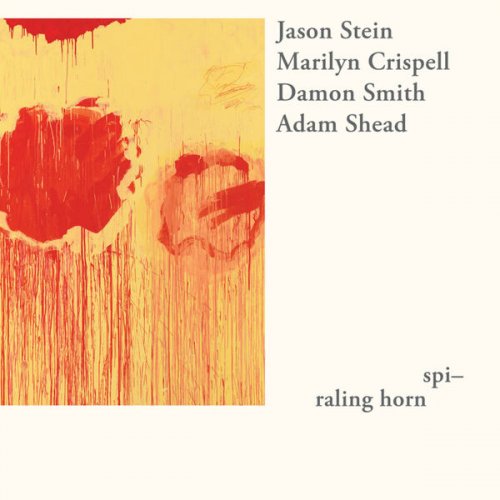
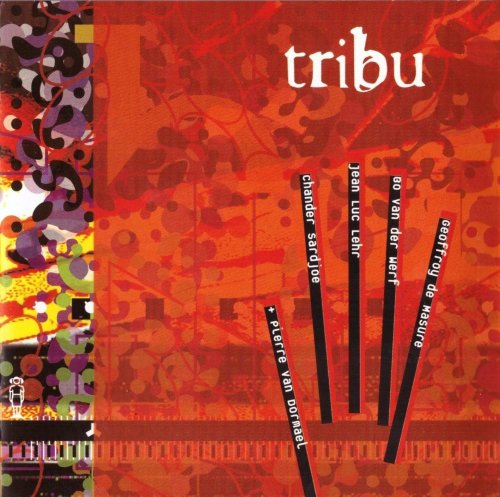
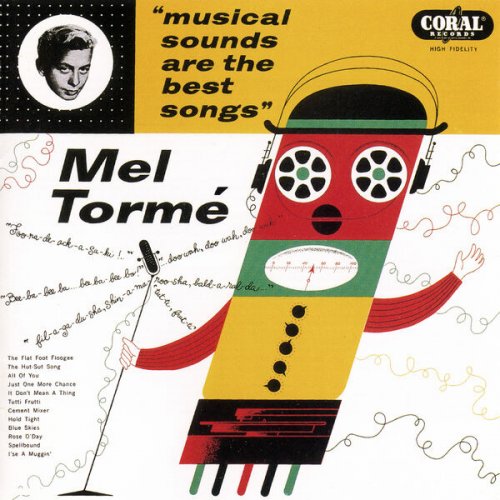
![Emilie-Claire Barlow - La plus belle saison (2026) [Hi-Res] Emilie-Claire Barlow - La plus belle saison (2026) [Hi-Res]](https://www.dibpic.com/uploads/posts/2026-02/1770314882_cover.jpg)
